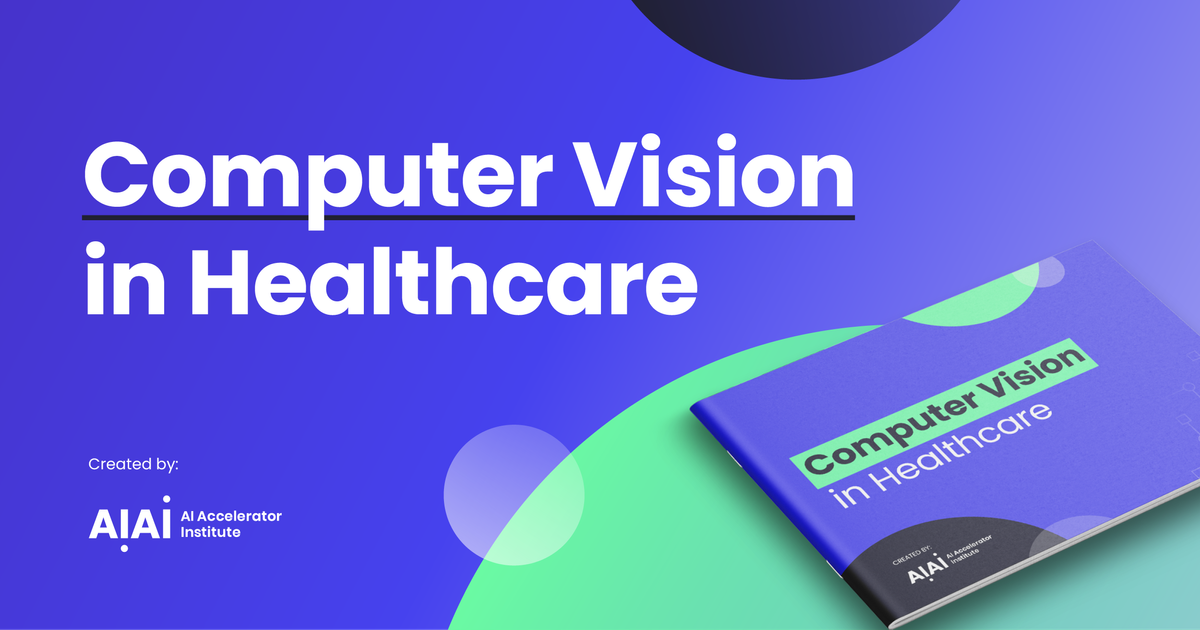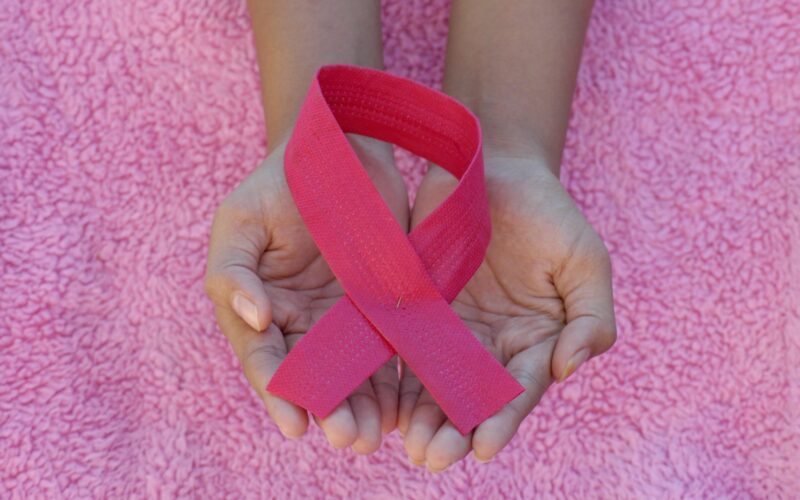A recent study featured in the journal Radiology presents a compelling view on the role of artificial intelligence (AI) in enhancing breast cancer screening.
The study, conducted by researchers from the University of Copenhagen alongside the Capital Region of Denmark’s program, illustrates a notable increase in the detection rates of breast cancer cases coupled with a reduced workload for radiologists.
AI boosts detection and reduces false positives
The research focused on implementing AI in breast cancer screening over nearly three years. It revealed that combining AI and expert breast radiologists significantly improves breast cancer detection rates while simultaneously reducing false positives. This advancement represents a major step forward in medical diagnostics and patient care.
Enhanced screening for Danish women
Denmark offers biennial breast cancer screening for women aged 50 to 69, with continued mammogram services available to those who have undergone breast cancer surgery up until the age of 79.
With the integration of AI, the annual examination of tens of thousands of X-rays has become more efficient. Before AI, radiologists detected 70 cases of breast cancer per 10,000 screenings. With AI, this number has increased to 82 detections per 10,000 screenings, marking an improvement of 12 additional cases detected per 10,000 screenings.
AI finds more small tumors
The study compared two groups of women aged 50 to 69 in Denmark’s Capital Region who underwent mammography screenings. The group screened with the assistance of AI showed not only an increased detection of breast cancer cases but also a higher percentage of small invasive tumors measuring 1 cm or less.
The rate of small tumors detected with AI assistance rose to 44.93%, up from 36.60% before the introduction of AI, highlighting the technology’s ability to enhance early detection and subsequent care.
Reduction in radiologists’ workload
The adoption of AI has led to a significant decrease in workload for radiologists in the Capital Region of Denmark, with a 33.4% reduction reported. Traditionally, radiologists would double-read thousands of X-rays, most of which would turn out normal. With AI’s assistance, the process has become more focused, allowing radiologists to concentrate on screenings that the AI system flags as suspicious.
Despite AI support, the final decision in breast cancer screenings remains in the hands of skilled breast radiologists. In cases where two radiologists disagree, a consensus meeting is held, or a third, more experienced radiologist is consulted to reach a decision. This ensures that the final diagnosis is accurate and reflects expert medical opinion.
The findings from this study demonstrate AI’s effectiveness in medical imaging and suggest a scalable model for other regions and medical conditions where screening plays a crucial role in early detection and treatment.
Want more on how AI is helping to shape healthcare? Take a look at our eBook below:
Computer Vision in Healthcare eBook 2023
Unlock the mystery of the innovative intersection of technology and medicine with our latest eBook, Computer Vision in Healthcare.

Like what you see? Then check out tonnes more.
From exclusive content by industry experts and an ever-increasing bank of real world use cases, to 80+
deep-dive summit presentations, our membership plans are packed with awesome AI resources.
Get product marketing certified.
PMMC™ unleashes product marketers’ potential. Lauded by leading lights like Facebook and HubSpot, it
offers expert insights, priceless tuition, and awesome resources. No topic missed. No page unturned.
Source link
lol

